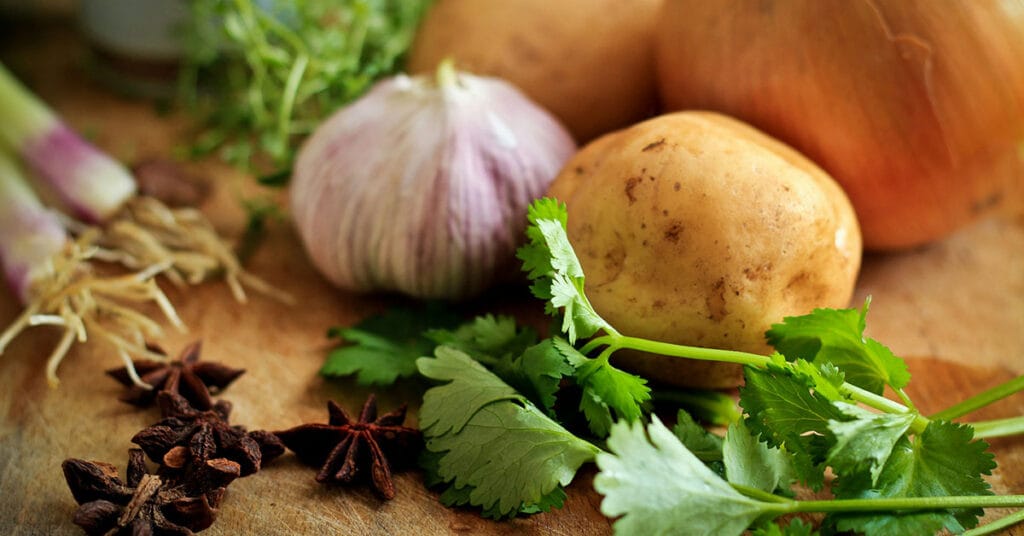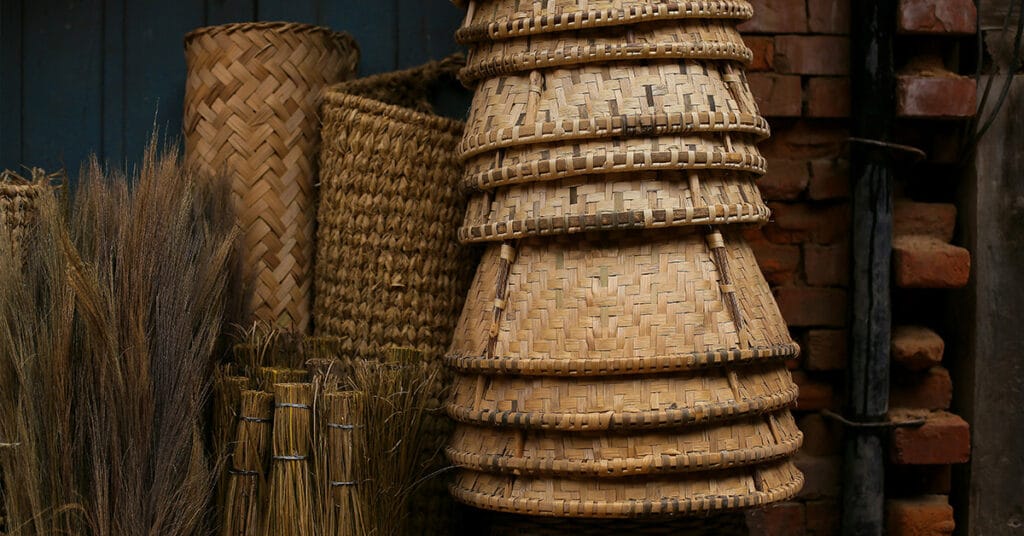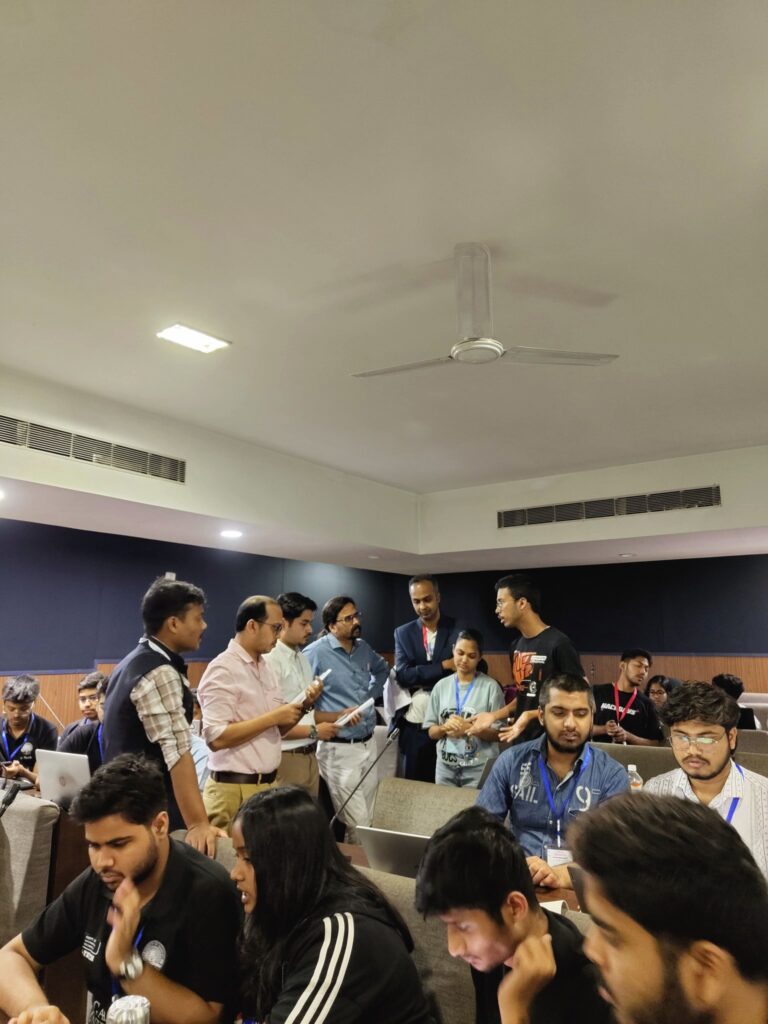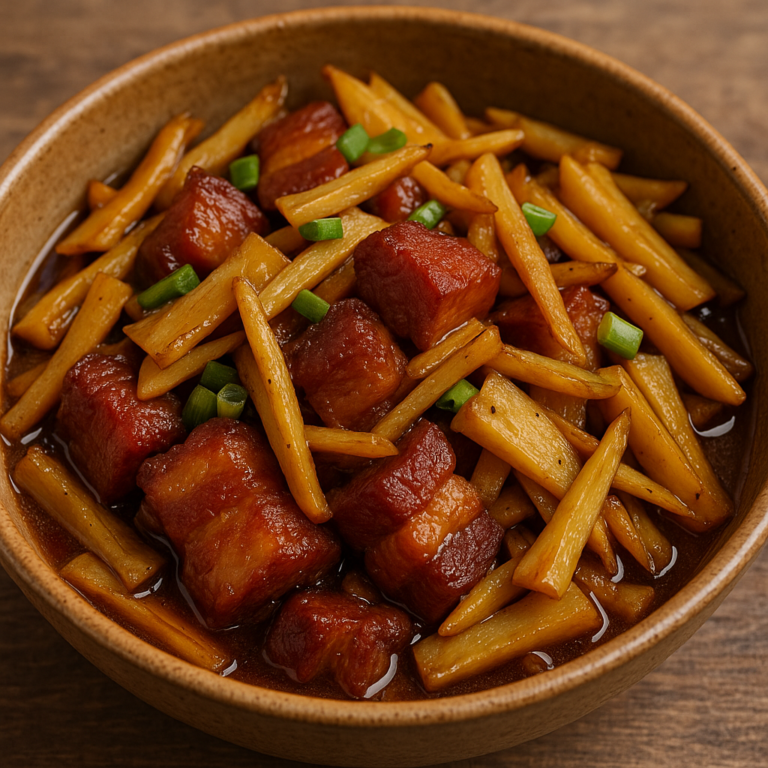Introduction
Assam, a beautiful state nestled in the northeastern region of India, is known not just for its breathtaking landscapes but also for its rich and flavorful cuisine. Assamese food is a celebration of simplicity, freshness, and the use of local ingredients that are packed with unique flavors. From mouth-watering fish dishes to rice delicacies, traditional Assamese cuisine offers a diverse range of tastes, often with minimal use of oil and spices.
In this article, we’ll introduce you to some must-try traditional Assamese dishes along with their recipes, so you can savor the flavors of Assam in the comfort of your own home.
1. Khar
Khar is one of the signature dishes of Assamese cuisine and is often served at the beginning of a meal. Made with raw papaya, pulses, and a special ingredient called “Khar” (alkaline water filtered through sun-dried banana peels), this dish has a unique, mildly bitter taste.
Ingredients:
- 1 raw papaya, diced
- 1 tablespoon of Khar (or baking soda as a substitute)
- 2 tablespoons yellow lentils (masoor dal)
- 1 tablespoon mustard oil
- 1 dried red chili
- Salt to taste
Method:
- Boil the lentils until they are half-cooked.
- In a pan, heat mustard oil and fry the dried red chili until it turns aromatic.
- Add the diced papaya and stir-fry for 2-3 minutes.
- Add the half-cooked lentils, water, and salt to taste.
- Let the mixture simmer until the papaya and lentils are fully cooked.
- Add the Khar and let it boil for a few more minutes before turning off the heat.
Why You Should Try It: The alkaline flavor of Khar is a true representation of Assamese culinary tradition, providing a taste that’s both distinct and comforting.
2. Masor Tenga (Sour Fish Curry)
Masor Tenga, or sour fish curry, is a light and tangy fish preparation that is perfect for the hot summer months. The dish is typically made using river fish like Rohu or Catla and uses tomatoes or other souring agents like elephant apple (outenga) or lemon.
Ingredients:
- 500 grams of river fish (Rohu or Catla)
- 2 medium tomatoes, chopped
- 1 tablespoon mustard oil
- 1 teaspoon turmeric powder
- 2 green chilies, slit
- 1 tablespoon lemon juice or outenga slices
- Fresh coriander leaves for garnish
- Salt to taste
Method:
- Marinate the fish pieces with salt and turmeric and shallow-fry them in mustard oil until golden brown. Set aside.
- In the same oil, add the chopped tomatoes and green chilies. Cook until the tomatoes are soft and mushy.
- Add a cup of water, salt, and let it come to a boil.
- Add the fried fish pieces to the gravy and let them simmer for 5-7 minutes.
- Squeeze in lemon juice or add outenga slices for the tangy flavor.
- Garnish with fresh coriander leaves and serve hot with steamed rice.
Why You Should Try It: This dish combines the delicate flavors of fish with a refreshing tanginess, making it light and easy on the palate. It’s a staple in Assamese households and a must-try for fish lovers.
3. Duck Curry (Haah Mangxo)
Duck is a popular meat in Assam, especially during festivals and special occasions. Duck Curry, or Haah Mangxo, is a flavorful and rich dish cooked with whole spices, black pepper, and potatoes. It’s often reserved for festive meals.
Ingredients:
- 500 grams duck meat, cut into pieces
- 2 large potatoes, peeled and halved
- 1 large onion, finely chopped
- 2 tablespoons mustard oil
- 1 teaspoon black pepper powder
- 1 teaspoon cumin powder
- 1 teaspoon ginger-garlic paste
- 1 bay leaf
- 2-3 green chilies, slit
- Salt to taste
Method:
- Heat mustard oil in a deep pan and add the bay leaf, followed by the chopped onions. Sauté until golden brown.
- Add the ginger-garlic paste and cook for 2 minutes.
- Add the duck pieces and fry until browned.
- Add the black pepper, cumin powder, and green chilies. Mix well.
- Add the potato halves and enough water to cover the meat. Bring to a boil.
- Cover and simmer until the duck meat is tender and the potatoes are fully cooked.
- Adjust seasoning and serve hot with rice or roti.
Why You Should Try It: Duck curry has a rich, gamey flavor that sets it apart from regular chicken or mutton curries. The use of black pepper gives the dish a warm, spicy kick that pairs beautifully with the tender duck meat.
4. Pitha (Rice Cakes)
Pitha is a traditional Assamese snack or dessert made during Bihu festivals. These rice cakes can be steamed, fried, or roasted, and they come in various forms, such as Til Pitha (with sesame filling), Narikol Pitha (with coconut filling), or Sunga Pitha (steamed in bamboo).
Ingredients:
- 1 cup rice flour (preferably glutinous rice)
- 1/2 cup grated coconut
- 1/4 cup sesame seeds (for Til Pitha)
- 1/4 cup jaggery
- 2 tablespoons ghee
Method:
- Dry roast the sesame seeds and grind them into a coarse powder.
- In a bowl, mix the sesame powder, grated coconut, and jaggery to make the filling.
- Knead the rice flour with water to form a soft dough.
- For Til Pitha, roll out the dough into thin sheets, place the sesame-jaggery filling inside, and roll it into a cylindrical shape. Roast the pithas on a hot tawa until golden brown.
- For Sunga Pitha, fill bamboo tubes with the dough and steam over a fire until fully cooked.
Why You Should Try It: Pitha is a quintessential part of Assamese culture and is deeply tied to the state’s festivals and traditions. It’s a perfect way to end your meal on a sweet, yet healthy, note.
5. Aloo Pitika (Mashed Potatoes)
Aloo Pitika is a simple yet delicious mashed potato dish that’s a staple side in most Assamese meals. It’s flavored with mustard oil, green chilies, and sometimes onions and coriander leaves.
Ingredients:
- 4 medium potatoes, boiled and peeled
- 2 tablespoons mustard oil
- 2 green chilies, chopped
- 1 small onion, finely chopped (optional)
- Fresh coriander leaves, chopped
- Salt to taste
Method:
- Mash the boiled potatoes in a bowl.
- Add mustard oil, green chilies, onions, and coriander leaves.
- Mix well and add salt to taste.
Why You Should Try It: The pungency of mustard oil combined with the mildness of mashed potatoes creates a comforting, flavorful dish that pairs beautifully with rice and dal.
Conclusion
Assamese cuisine is a treasure trove of flavors and traditions, offering dishes that range from light and tangy to rich and spicy. By trying these recipes at home, you can experience a taste of Assam’s rich culinary heritage. From the unique flavors of Khar to the festive joy of Pitha, these dishes capture the essence of Assam’s traditional food culture.



























